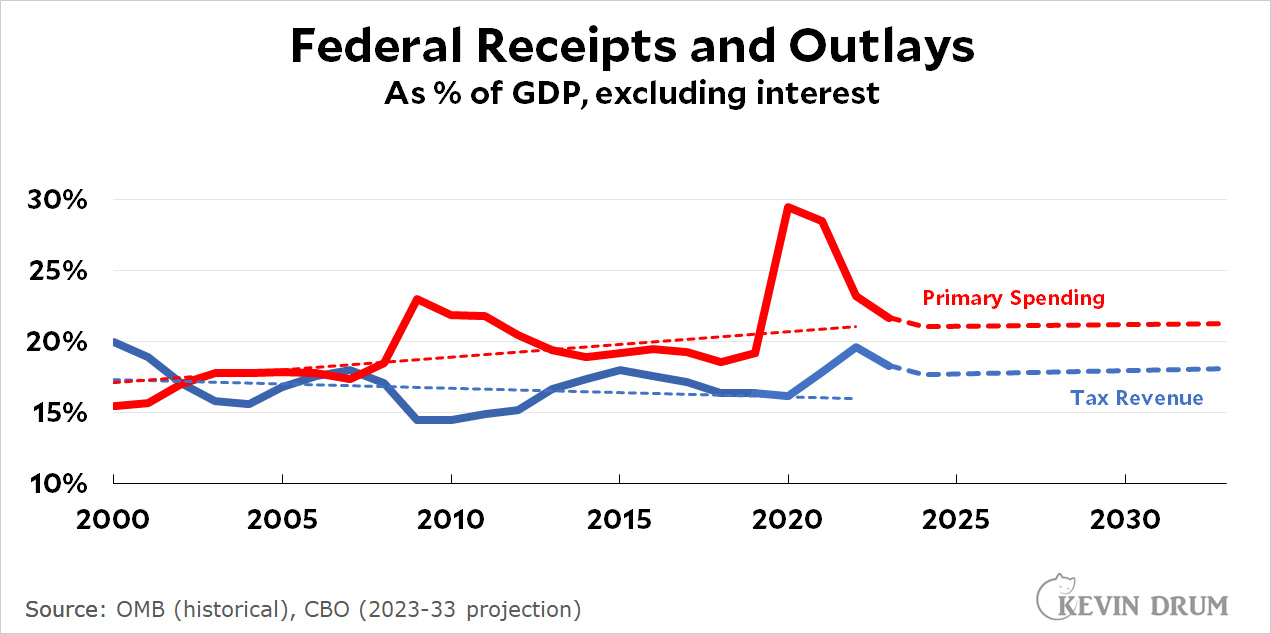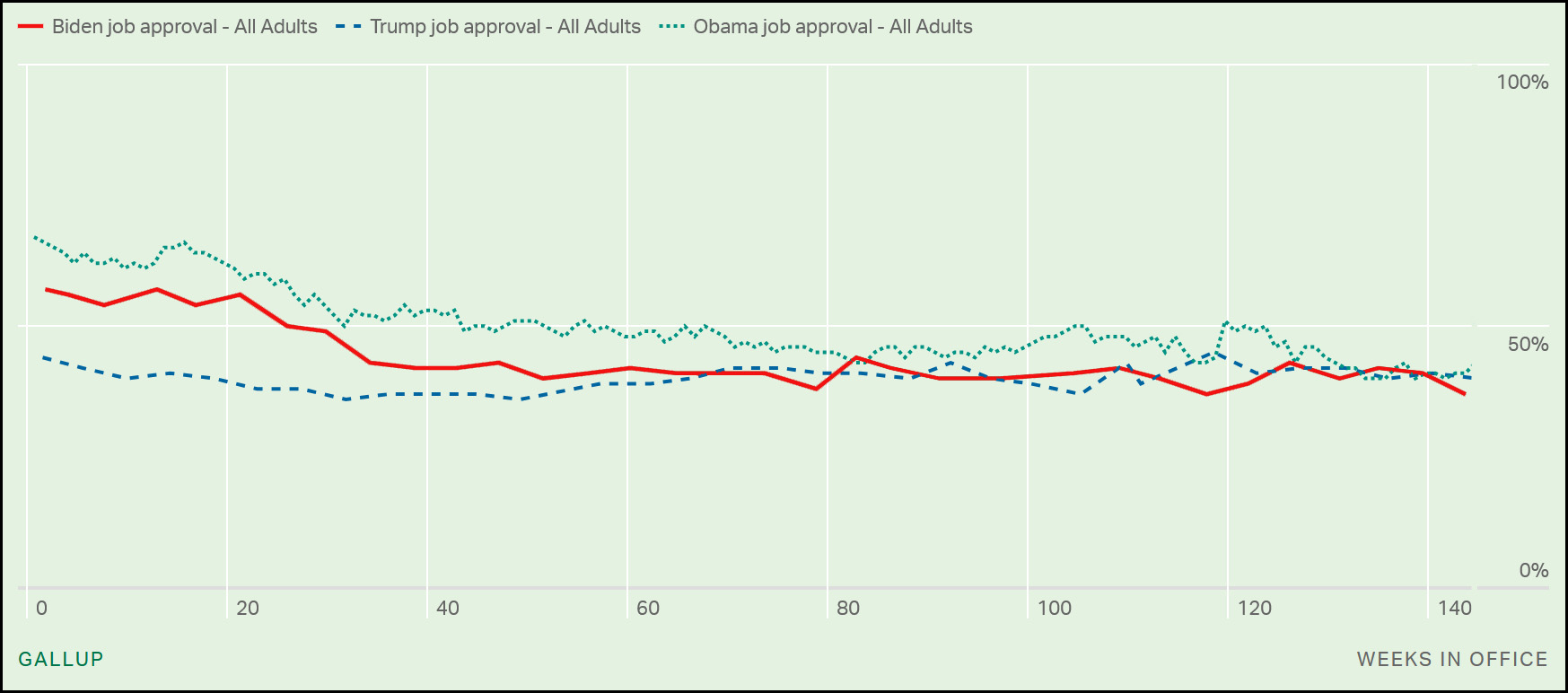The New York Times has a piece today about people whose bank accounts are suddenly closed with no warning. The reason is that they've done something that triggers one or more Suspicious Activity Reports from their bank. The nature of the SARs is never revealed, but they often lead to banks deciding not to do business with you anymore. Apparently there is no appeal from this process, which is mostly automated. It reminds me a bit of the no-fly list, which bans people from flying in the US with no explanation and no appeal.
Is this problem getting worse? Oh yes. The Times piece got me curious about how many SARs are submitted by US banks, and eventually I dug up the numbers:
 In the past 25 years, the rate of SAR submissions has soared by more than 20x, from 231 per million to 5,479 per million. This means either (a) Americans are conducting way more suspicious activity than they used to, or (b) banks are reporting even tiny infractions as SARs. I suppose you can guess which one I think it is.
In the past 25 years, the rate of SAR submissions has soared by more than 20x, from 231 per million to 5,479 per million. This means either (a) Americans are conducting way more suspicious activity than they used to, or (b) banks are reporting even tiny infractions as SARs. I suppose you can guess which one I think it is.
POSTSCRIPT: If you happen to be engaged in legitimate activity that might nevertheless look suspicious to a pattern-seeking computer, it turns out your best bet is to keep two bank accounts. That way you always have one handy in case one of your banks suddenly decides to drop you.




